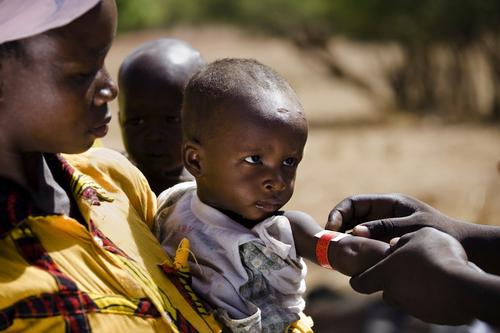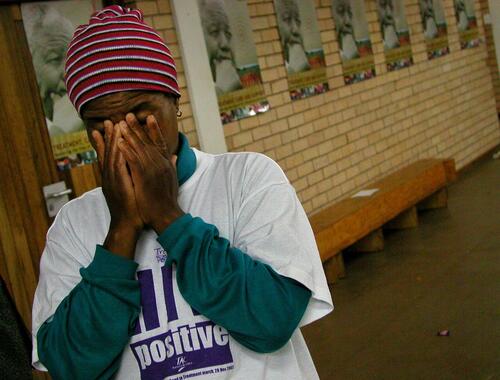During the 1990s, MSF teams made a bitter observation: we were failing to treat some of our patients suffering from infectious diseases, while in developed countries, remarkable progress was being made in the field of health. Two decades on, medicines in developing countries are still either too expensive, aren't suitable to be used in many of the contexts in which we work (for example, in hot, humid conditions or where there's a lack of electricity), or simply don't exist for the diseases we need to treat.
In 1999, we launched the Campaign for Access to Essential Medicines, now known as the Access Campaign. Its mission focuses on three areas: overcoming barriers to access to essential medicines, stimulating research and development for neglected diseases, promoting health exceptions to global trade agreements.
In 2003, MSF joined several research institutes, including the Institut Pasteur, to create the Drugs for Neglected Diseases initiative (DNDi), a non-profit research and development organisation engaged in research and development of new treatments for neglected diseases.

Innovative initiative designed to boost access to medicines is adopted

Malnutrition: How Much Is Being Spent? An analysis of nutrition funding flows 2004 - 2007

Punishing success? Early signs of a retreat from commitment to HIV/AIDS care and treatment

The underfunding of TB research across Europe

MSF calls on drug companies to pool HIV patents

MSF welcomes promising HIV vaccine trial with cautious optimism

Charging patients in poor countries for medical care compromises the health and lives of large numbers of people

MSF response to India's rejection of patents on key HIV/AIDS drugs








